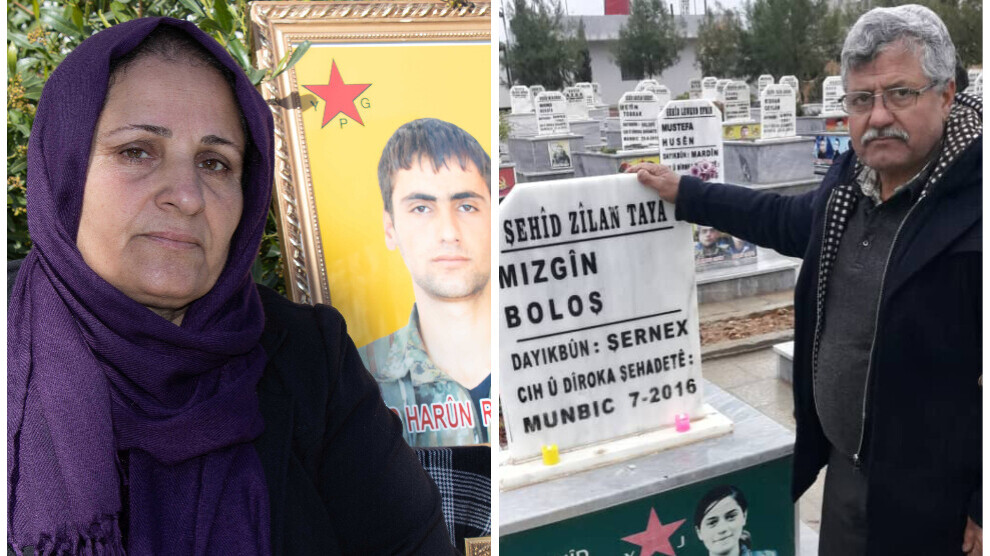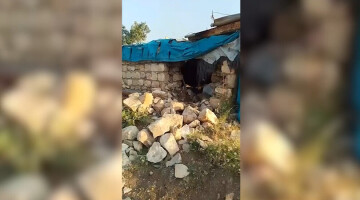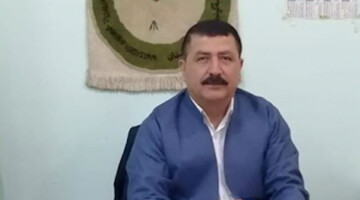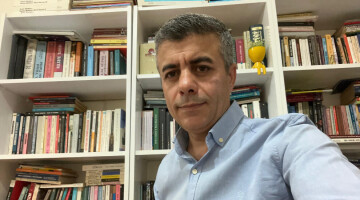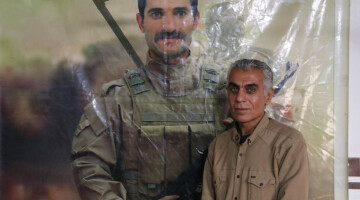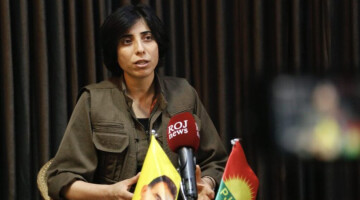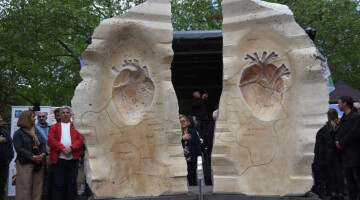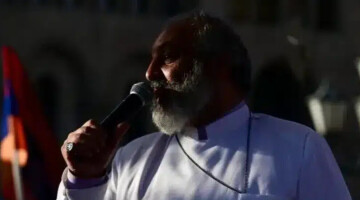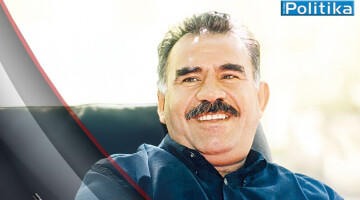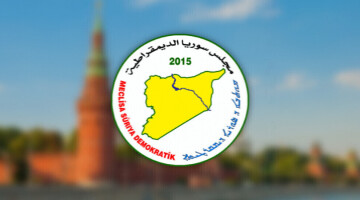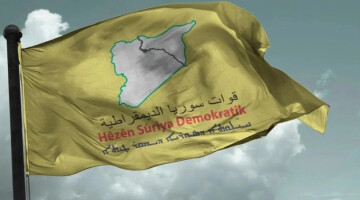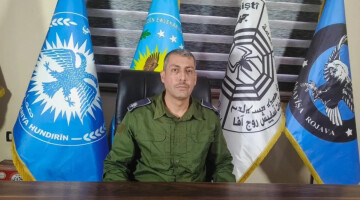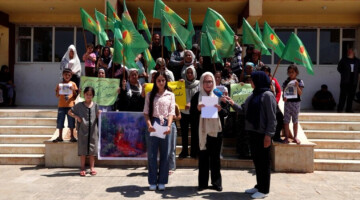When we look at the history of the Kurds, who have been oppressed for centuries and whose identities have been exposed to the genocidal attacks of hegemonic powers, there are many uprisings and organizations against their persecution. However, in order to see whether they were successful or left a legacy of struggle, it would be enough to go back half a century. The road map introduced by Abdullah Öcalan for the peoples of the Middle East in 1973 was realized in 1979 in Rojava, the smallest part of Kurdistan, which has become the centre of the struggle. The 20-year physical presence of Öcalan in the region carried this struggle to the four parts of Kurdistan and the world via Rojava. Kurdish militants preferring a revolutionary democratic free life against the ruling systems headed towards the centre of the struggle for the Kurdish Freedom Struggle. After completing their military training in the field of Bekaa, they set out for the country in order to serve in different areas of the struggle.
ROJAVA PEOPLE EMBRACED THEM AS THEY GOT TO KNOW THEM
The people of Rojava Kurdistan did not recognize freedom militants because of the chauvinistic policies of the state in the first place. Because of the narrow understanding of the previous Kurdish movements, they regarded freedom militants as 'foreigners'. However, this unfamiliarity was replaced by strong relationships and loyalties as the local people understood the aims of the freedom movement and saw that its militants were sacrificing their lives for the resistance. While many from Rojava took to the mountains of Bakûr (North Kurdistan) and fell in the fight for freedom, many from North Kurdistan fell whilst fighting during the Rojava revolution. This strong spirit and devotion among freedom fighters impressed every single individual living in the field of revolution. Now, every family receives martyrdom certificates as if martyrs were their own sons and daughters, along with their memories. So far, martyrdom certificates of thousands of martyrs who came to the Rojava revolution area from Kurdistan and all over the world have been given to patriotic families in Rojava.
JUST A FEW EXAMPLES
Şemsîxan, a member of the Rojava's prominent patriotic Gulo family, regarded Harun Raman Torî (Abdurrahman Tapkan), who was martyred on July 3, 2016 in the liberation campaign of Manbij, as her own son and received his martyrdom certificate on behalf of his family. Şemsixan Gulo expresses her loyalty to the martyrs, saying: “Harun was martyred along with my son. I asked the Council of Martyrs' Families to give me his martyrdom certificate. Fighters of the freedom movement have sacrificed their lives for us for years. No matter what we do, we cannot make it up to them. Thousands of young Kurdish fighters are sacrificing their lives so that the Kurdish people can lead a comfortable and peaceful life. Since the beginning of the Rojava Revolution, they have contributed to the Kurdish people to unite and expand the revolution. Dozens of young people from North Kurdistan came and joined the fight to protect us and fell as martyrs.”
'NO DIFFERENT FROM MY OWN DAUGHTER'
Mihemed Xelîl from Qamishlo, father of Tekoşîn Xelîl, who was martyred in Hakkari in 2015, received the martyrdom certificate of Zîlan who was martyred in Rojava on the same date. Xelîl said: “Tekoşîn was martyred in the mountains of freedom and Zîlan was martyred in the field of revolution. My daughter was far away, but I wanted to receive the martyrdom certificate of Zîlan who fell here. Martyr Zîlan is also a daughter of mine. I always visit her grave. If we want a free and independent country, we will selflessly defend our land at all costs.”

